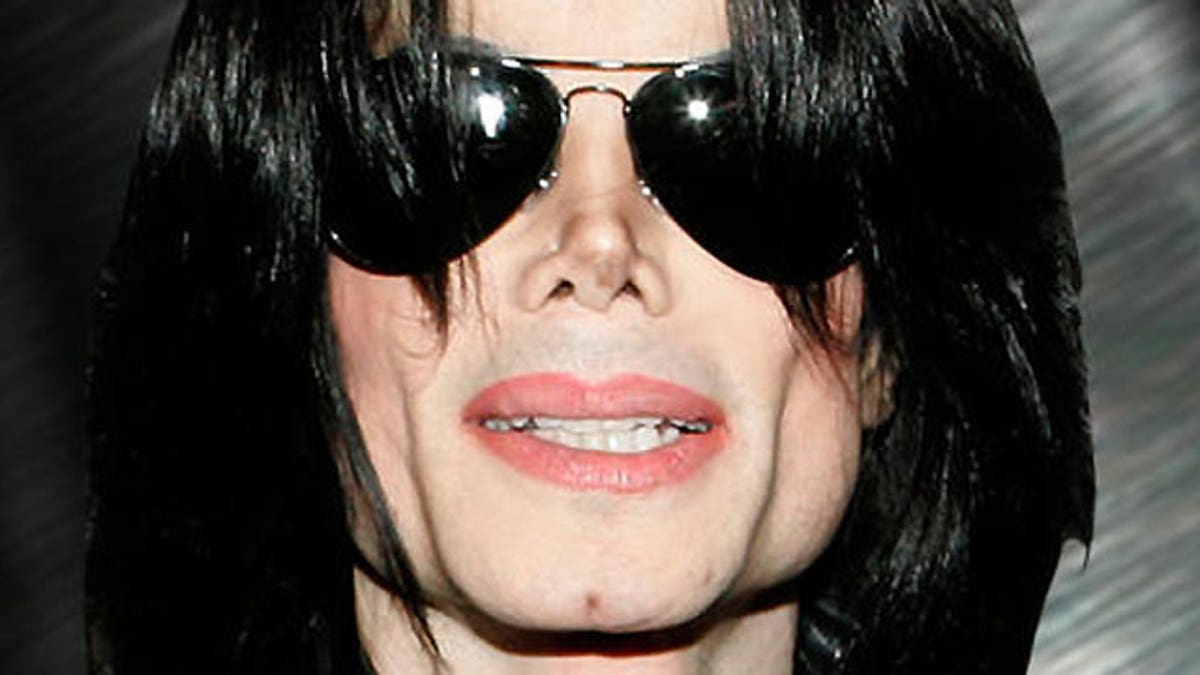
Michael Jackson (AP)
The paramedic who was first to arrive at the home of Michael Jackson said the physician charged in the singer's death provided details on his patient's condition that did not match up with the scene.
Paramedic and Los Angeles firefighter Richard Senneff says Dr. Conrad Murray told him that Jackson wasn't being treated for any specific condition. The veteran paramedic says that didn't seem right because Jackson appeared to be underweight, had a surgical cap on his head and there was an IV bag and stand nearby.
Senneff says Dr. Conrad Murray told him that he had only given Jackson the sedative lorazepam.
Prosecutors contend Murray repeatedly concealed from emergency personnel that he had been giving Jackson doses of the anesthetic propofol in the singer's bedroom.
Senneff was one of four paramedics working to try to revive Jackson on June 25, 2009.
Earlier Friday, an executive for the maker of a medical device used by Murray to monitor Jackson told jurors on Friday that the equipment was not adequate for the continuous monitoring of patients.
The $275 fingertip device that monitors the pulse and blood oxygen levels was recovered after Jackson's death and was being used by Dr. Conrad Murray while he was giving the singer doses of the surgical anesthetic propofol.
Prosecutors called Nonin Medical executive Bob Johnson to try to show that Murray lacked enough equipment to care for the singer during the treatments. Propofol is normally administered in hospital settings.
Johnson said the model that Murray used had no audible alarm and was not intended to be used for the continuous monitoring of patients.
Murray, 58, has pleaded not guilty. Jackson was reportedly given a dose of propofol at 10:40 a.m. on the morning of his death.
An earlier witness for the prosecution said Murray "saved his life" when he was a patient of his.
Robert Russell of Las Vegas lauded Dr. Conrad Murray's treatment of him, but testified Friday that his cardiologist became increasingly distant and hard to reach while working with Jackson.
Russell told jurors he couldn't get answers about his treatment from Murray's office on June 25, 2009 and demanded to speak to the doctor. The doctor left him a voicemail at 11:49 a.m.
Prosecutors are using records to show that Murray was on the phone in the moments before he realized Jackson was unconscious.
The Associated Press contributed to this report.





















